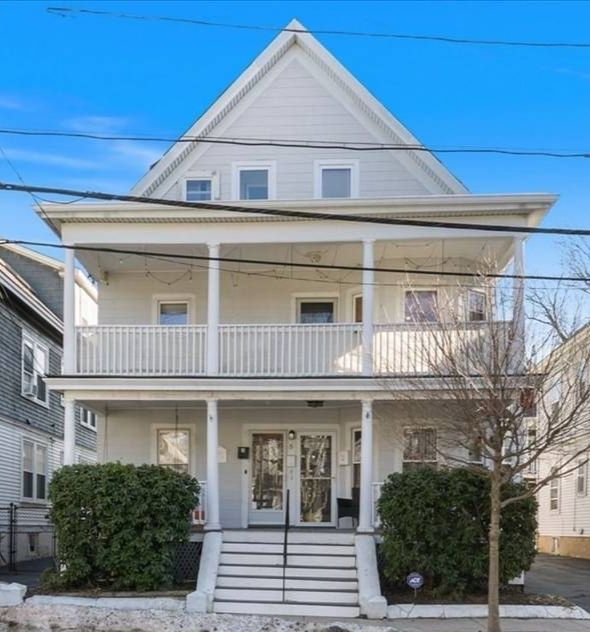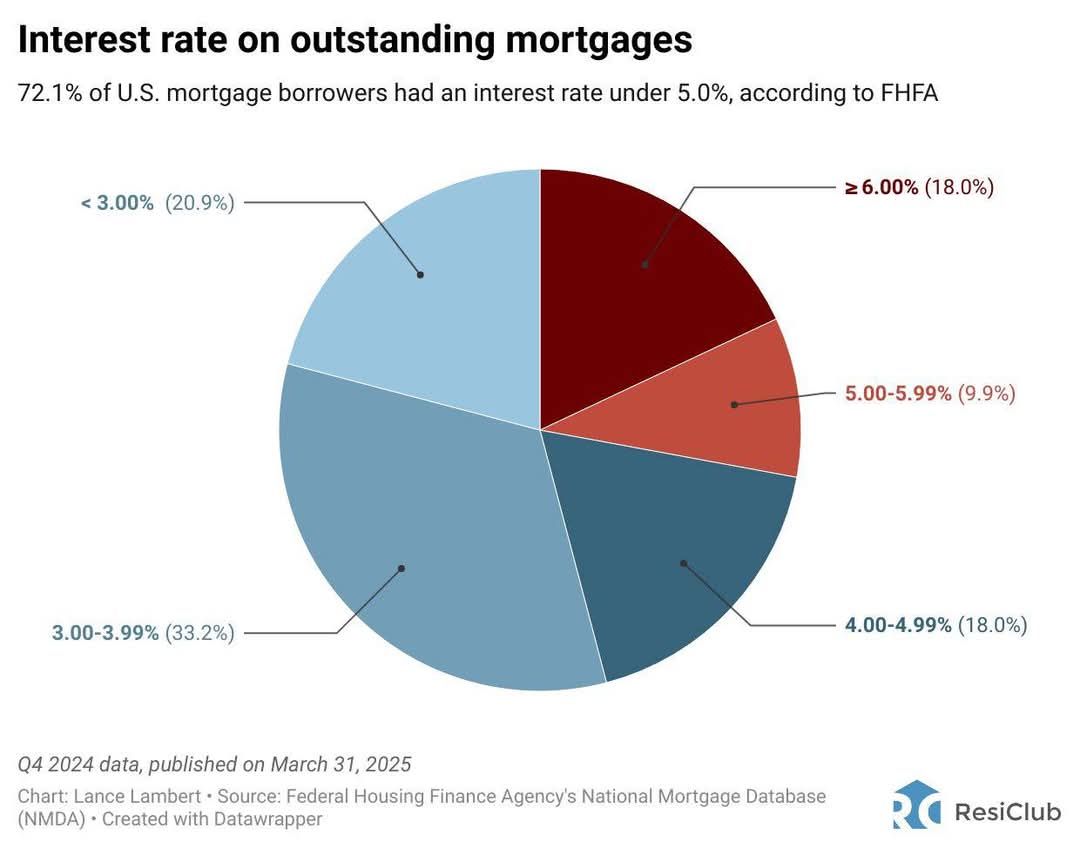Home Price Growth Is Moderating – Here’s Why That’s Good for You

Over the past few years, home prices skyrocketed. That’s been frustrating for buyers, leaving many wondering if they’d ever get a shot at owning a home. But here’s some welcome news: that whirlwind pace of home price growth is slowing down.Home Prices Are Rising at a Healthy PaceAt the national leve
Read MoreGet Ready for the Spring Real Estate Market!

As the winter chill begins to wane and the promise of warmer days looms on the horizon, many homeowners start contemplating whether it's the right time to put their property on the market. If you’re considering selling your home this year, now is the perfect time to start preparing for the bustling
Read MoreThe 3 Biggest Mistakes Sellers Are Making Right Now

If you want to sell your house, having the right strategies and expectations is key. But some sellers haven’t adjusted to where the market is today. They’re not factoring in that there are more homes for sale or that buyers are being more selective with their budgets. And those sellers are making so
Read MoreTime in the Market Beats Trying To Time the Market
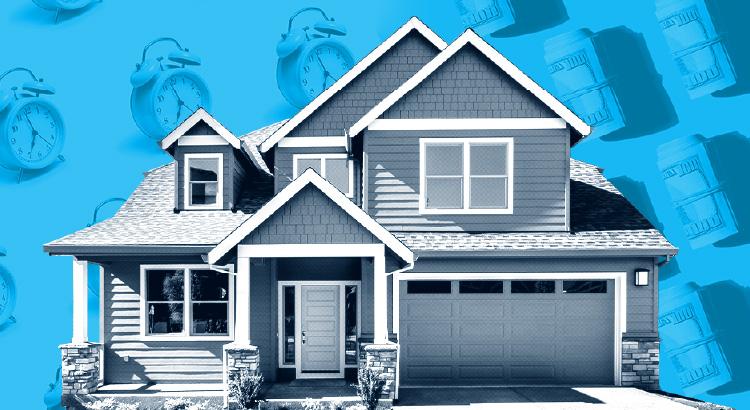
Some HighlightsAre you torn between whether to buy a home now or wait? Consider this.Forecasts show prices will climb for at least the next 5 years. If you wait, the price of a home will be higher later on. But, if you buy a $400K now, you could gain roughly $83K in equity as prices rise.If you're
Read MoreThe Secret To Selling? Using an Agent To Get Your House Noticed

In a recent survey, the National Association of Realtors (NAR) asked sellers what they want most from a real estate agent. The number one answer was to help market their house.It makes sense. The way your agent markets your house can be the difference between whether or not it stands out and gets at
Read MoreWhat To Do If Your House Didn’t Sell

Some HighlightsLast year, as many as 1 in 3 sellers took their home off the market because it wasn’t selling.If this happened to you too, you don’t need to be embarrassed. What you need are answers. And a local real estate agent can help with that by seeing if it was priced too high, needs some repa
Read MoreSmaller Homes, Bigger Opportunities: The Homebuilder Trend Buyers Love
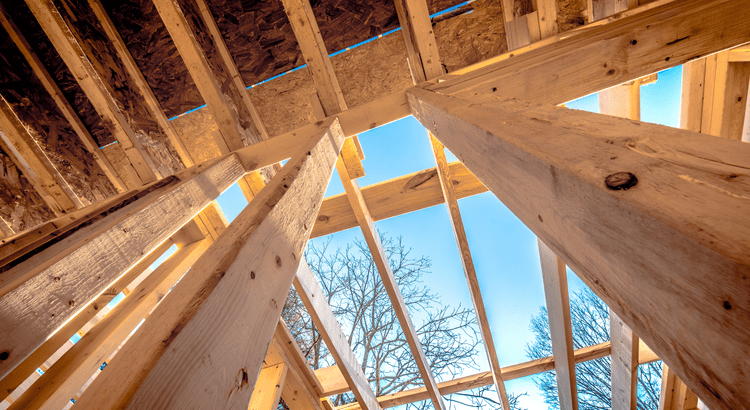
It’s no secret that affordability is tough with where mortgage rates and home prices are right now. And that may have you worried about how you’ll be able to buy a home. But, if you don’t need a ton of space, you may find you have more cost-effective options in an unexpected place: new home communit
Read MoreIf Your House’s Price Is Not Compelling, It’s Not Selling

There’s one big mistake you need to avoid when you sell your house this year: setting your price too high. It might seem like overpricing gives you room to negotiate or could really boost your profit, but the reality is, it usually backfires.In fact, Realtor.com says almost 20% of sellers — that’s o
Read MoreAre Home Prices Going Down in 2025?
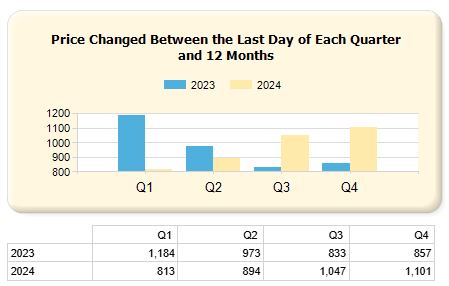
The rise of interest rates to 7% has caused home sales to slow down. Though sales for the last quarter of 2024 were up from 2023, what we are seeing in 2025 is a drop in the number of homes that have gone under contract. Admittedly, we are only 21 days into the year, but there are other signs, also.
Read MoreWhy More People Are Buying Multi-Generational Homes Today

Today, 17% of homebuyers are choosing multi-generational homes — that’s when you buy a house with your parents, adult children, or even distant relatives. What makes that noteworthy is that 17% is actually the highest level ever recorded by the National Association of Realtors (NAR). But what’s driv
Read MoreWhen Is the Perfect Time To Move?

It’s easy to get caught up in the idea of waiting for the perfect moment to make your move – especially in today’s market. Maybe you’re holding out and hoping mortgage rates will drop, or that home prices will fall. But here’s what you need to realize: trying to time the market rarely works. And her
Read More-

Some HighlightsWondering what to expect when you buy or sell a home this year? Here’s what the experts say lies ahead.Mortgage rates are projected to come down slightly. Home prices are forecast to rise in most areas. And, there will be more homes available for sale.Want to know more about what this
Read More Roughly 11,000 Homes Will Sell Today – Will Yours Be One of Them?

Are you hesitant to sell your house because you’re worried no one’s buying with rates and prices where they are right now? Here’s some perspective that can help.The market actually isn’t at a standstill. While there weren’t as many sales last year as there’d be in a normal market, roughly 4.15 milli
Read MoreHow Much Home Equity Have You Gained? The Answer Might Surprise You

Have you ever stopped to think about how much wealth you’ve built up just from being a homeowner? As home values rise, so does your net worth. And, if you’ve been in your house for a few years (or longer), there’s a good chance you’re sitting on a pile of equity — maybe even more than you realize.Wh
Read MoreTime in the Market Beats Timing the Market

Trying to decide whether it makes more sense to buy a home now or wait? There’s a lot to consider, from what’s happening in the market to your changing needs. But generally speaking, aiming to time the market isn’t a good strategy – there are too many factors at play for that to even be possible.Tha
Read MoreHome Staging FAQ: What You Need To Know

You may have heard that staging your home properly can make a big difference when you sell your house, but what exactly is home staging, and is it really worth your time and effort?Here are a few quick FAQs that can help you decide how much you should prioritize staging as you prep for your move.Wha
Read MoreSelling Your Massachusetts Home in 2025: A Seller's Perspective

Selling Your Massachusetts Home in 2025: A Seller's Perspective The Massachusetts housing market continues to be a dynamic landscape, and 2025 promises to bring its own set of unique challenges and opportunities for sellers. Here's a glimpse into what you can expect: Market Trends: Steady Price G
Read MoreHow Eco-Friendly Features Can Boost Your Home’s Value

Selling your house? Or just looking to increase the value and appeal of your home for when you do? Here’s something you should know – homebuyers are increasingly looking for homes with environmentally friendly features.What Energy Efficient Features Do Buyers Want?According to recent data from the N
Read MoreWhy More Sellers Are Hiring a Real Estate Agent

Some HighlightsMore homeowners are realizing they need an agent’s help in this complex market – and that’s why a record-low number of people are selling without a pro by their side.Without an agent’s help, tackling pricing, staging and repairs, paperwork, negotiation, and more can be a real headache
Read MoreWhat’s Motivating More Buyers To Choose a Newly Built Home?
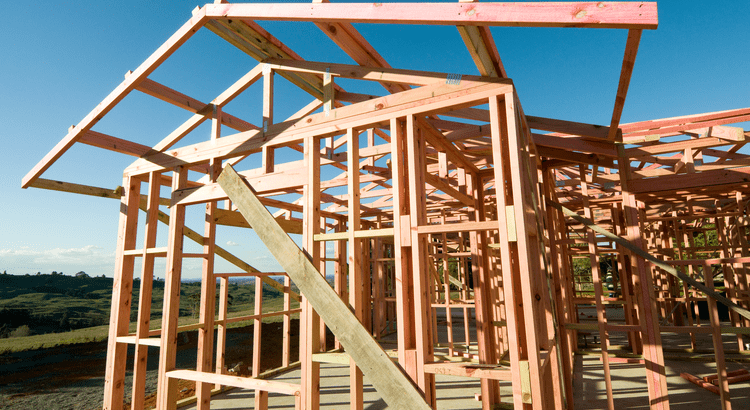
Planning to buy a home soon? Why not go for something brand-new? Because data shows a lot more buyers are seeing the appeal of new home construction these days – and you may find out it’s what you want too.The National Association of Realtors (NAR), explains that newly built homes accounted for 15%
Read More
Categories
Recent Posts

